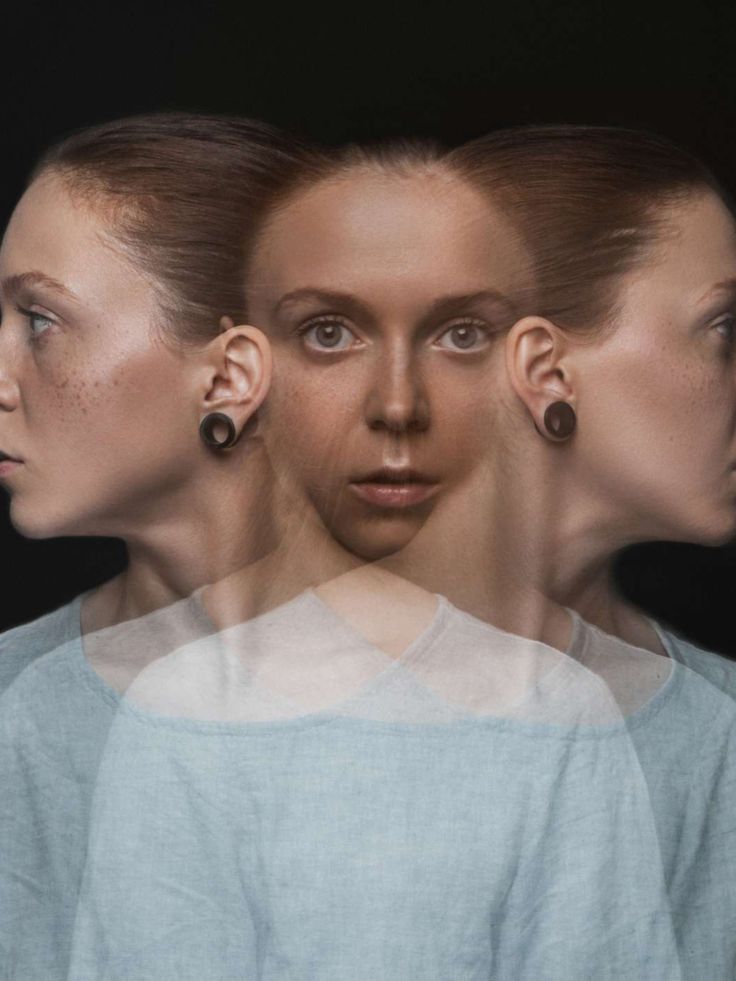Embracing Plurality: Navigating Dissociative Identity Disorder within an Indian Household
In the bustling city of Mumbai, nestled among the vibrant streets and bustling markets, there lived a young woman named Priya. Like many in her close-knit Indian family, Priya grew up surrounded by love, tradition, and a strong sense of community. But beneath the surface, Priya carried a secret burden – a condition known as Dissociative Identity Disorder (DID).
Priya’s journey with DID began in childhood, although she didn’t understand it at the time. She would often find herself drifting in and out of consciousness, unable to remember what had happened during those periods. Her family dismissed it as mere forgetfulness, attributing it to the stresses of school and extracurricular activities.
As Priya grew older, her experiences became more pronounced. She would hear voices inside her head, each one with its own distinct personality and perspective. At first, Priya felt isolated and alone, unable to confide in her family for fear of judgment and misunderstanding. But as she reached adulthood, she knew she could no longer keep her struggles hidden.

With the support of her family, Priya sought help from a therapist who diagnosed her with DID. At first, her family struggled to understand the complexity of her condition. They had never encountered anything like it before and were unsure of how to support Priya on her journey to recovery.
But slowly, with patience and open communication, Priya’s family began to unravel the layers of her disorder. They attended therapy sessions together, learning about DID and how it manifests in different individuals. They listened to Priya’s alters with an open heart, validating their experiences and offering support and understanding.
One of the biggest challenges Priya faced was the stigma surrounding mental health in Indian culture. Many people in her community viewed mental illness as a sign of weakness or spiritual impurity, leading to feelings of shame and isolation for those struggling with conditions like DID. But Priya refused to let the ignorance of others define her reality.
She spoke out about her experiences, educating her family and community about the complexities of DID and advocating for greater awareness and acceptance. She shared her story openly, breaking down barriers and fostering a culture of empathy and understanding within her community.
As Priya continued on her journey, she found strength in her Indian heritage. She drew upon the rich tapestry of traditions and rituals that had shaped her upbringing, finding solace in practices like yoga, meditation, and prayer. She also leaned on her family for support, knowing that they would always be there for her through thick and thin.
But perhaps the most important lesson Priya learned was the power of love and acceptance. Instead of viewing her alters as a source of shame or embarrassment, she embraced them as integral parts of who she was. She learned to celebrate the diversity within herself, recognizing that each alter contributed something valuable to her collective identity.
Today, Priya is thriving. She still has her struggles, but she no longer feels alone in her journey with DID. She has found a sense of belonging within her Indian family and community, and she continues to advocate for greater awareness and acceptance of mental health issues.
To anyone else out there struggling with DID or any other mental health condition, Priya has this to say: “You are not alone. Your experiences are valid, and you deserve to be seen and heard. It’s okay to embrace your many selves and celebrate the unique strengths they bring. Keep fighting, keep advocating, and never lose hope. You are stronger than you know, and you are worthy of love and acceptance just as you are.”
And with those words of encouragement, Priya’s story serves as a beacon of hope for anyone else who may be navigating the complex terrain of mental illness within the Indian family context – a reminder that even in the face of cultural stigma, there is always the possibility of finding understanding, acceptance, and healing.

